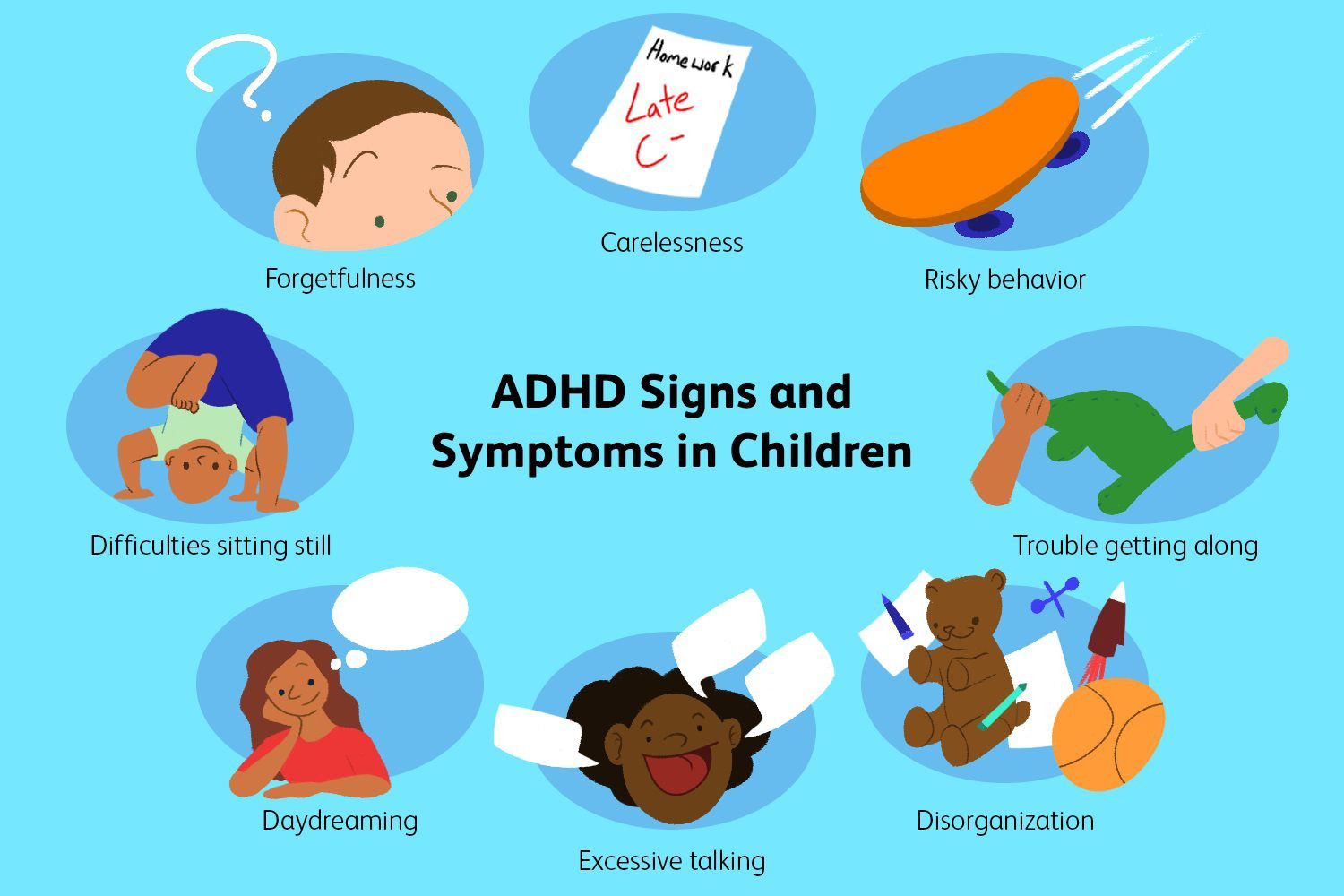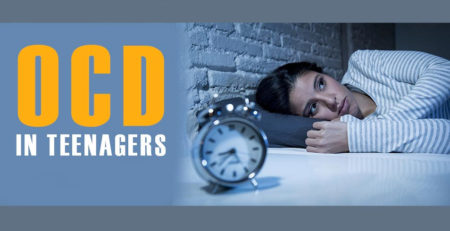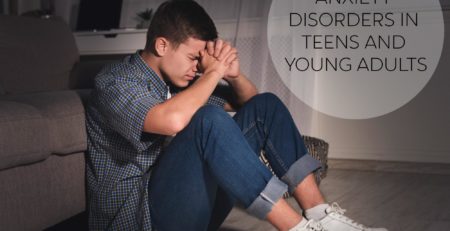Parenting Teens with ADHD
You and many other parents may wonder why your child hasn’t outgrown their difficulties sitting still, thinking of consequences before acting, resisting distractions, organizing daily activities, and managing time wisely. People used to believe that only young kids had ADHD and that children grew out of it as they got older. Now we know differently. Today’s research has shown that most kids do not outgrow ADHD when they reach adolescence, and most teens don’t outgrow ADHD when they become young adults. Studies have shown that ADHD can persist into adulthood in as many as 60% of cases. If your teen is struggling with ADHD, seeking professional help may be helpful. A mental health professional can provide support and guidance on how to best manage the symptoms of ADHD. With proper treatment, your teen can learn to cope with ADHD and live a happy and successful life.
ADHD in adolescence
For many teenagers, the transition to adolescence is a time of increased challenge and stress. Not only are they dealing with puberty’s physical and emotional changes, but they are also expected to take on more responsibility at home and school. For teens with ADHD, these challenges can be even more significant. The core symptoms of ADHD—inattention, impulsivity, and sometimes hyperactivity—remain the same during adolescence as earlier in childhood. Still, the pattern of symptoms and difficulties may change somewhat. In youth, some signs of ADHD, particularly hyperactivity-related, can become more subtle. However, the problems that children experience as a result of ADHD symptoms, such as poor school performance, may intensify when they are teens due to increased demands and expectations for independent functioning. As a result, it is essential for parents and educators to be aware of the signs of ADHD in adolescence and to provide support and accommodations as needed. With understanding and patience, teens with ADHD can successfully navigate the challenges of adolescence and develop into happy and successful adults.
ADHD in the teen years
It can be tough to deal with ADHD. For one, you may feel like you’re not in control of your own life. This can be frustrating and may even lead to low self-esteem. You might feel like everyone else seems to have their act together while you can’t even focus enough to finish your homework. And on top of all that, people may not believe you when you tell them you have ADHD. They may think you’re just making excuses for bad grades or inability to focus. It can be hard to make people understand what it’s like to live with ADHD, but it’s important to keep trying. Explain that ADHD is an actual medical condition and that it’s not your fault that you have it. Let people know that you can learn to manage your symptoms and lead a successful life with treatment.
Being a teenager is hard enough, but being a teenager with ADHD can be incredibly challenging. Not only do teens with ADHD have to contend with the usual problems that come with adolescence, but they also often have difficulty staying focused and organized, leading to poor grades and conflicts with friends and family.  In addition, teens with ADHD may also have concerns about their self-perception and be vulnerable to poorer self-esteem than their peers. When surveyed, teens with ADHD and learning disabilities reported feeling severely stressed when going to school and sitting in class, tired, frequently quarreling with close friends, feeling different from other classmates, having low self-esteem, and feeling that their parents didn’t understand them. Engaging in activities they enjoy and where they feel successful can be powerful ways to address and reverse these concerns. When teens feel successful and confident about themselves in one aspect of their life or abilities, these feelings can often generalize to other areas of functioning. Participation in sports, arts or music programs, or other extracurricular activities can help teens with ADHD feel good about themselves and develop a sense of accomplishment. These activities also provide social interaction and peer support, which can be beneficial for all teenagers but are especially important for those struggling with ADHD. With patience, understanding, and the right supports in place, teenagers with ADHD can learn to cope with their challenges and thrive both academically and socially.
In addition, teens with ADHD may also have concerns about their self-perception and be vulnerable to poorer self-esteem than their peers. When surveyed, teens with ADHD and learning disabilities reported feeling severely stressed when going to school and sitting in class, tired, frequently quarreling with close friends, feeling different from other classmates, having low self-esteem, and feeling that their parents didn’t understand them. Engaging in activities they enjoy and where they feel successful can be powerful ways to address and reverse these concerns. When teens feel successful and confident about themselves in one aspect of their life or abilities, these feelings can often generalize to other areas of functioning. Participation in sports, arts or music programs, or other extracurricular activities can help teens with ADHD feel good about themselves and develop a sense of accomplishment. These activities also provide social interaction and peer support, which can be beneficial for all teenagers but are especially important for those struggling with ADHD. With patience, understanding, and the right supports in place, teenagers with ADHD can learn to cope with their challenges and thrive both academically and socially.
Challenges for Teens with ADHD
ADHD can be a real challenge for teenagers. While all teens face difficulties at school, at home, and with their friends, teens with ADHD may find these problems more severe or harder to deal with. For example, a teen with ADHD may have trouble paying attention in class, which can lead to lower grades. In addition, social difficulties may be more pronounced for a teen with ADHD. For example, they may have trouble following conversations or keeping up with friends. Finally, problems at home can also be exacerbated by ADHD. Teens with ADHD may have difficulty completing chores or following rules, leading to conflict with parents or guardians. While ADHD can be a real challenge, there are ways to manage the condition and help your teen thrive. With the proper support, your teen can succeed despite their ADHD.
Social Functioning
Many children with ADHD exhibit difficulties in peer interaction due to impulsivity, hyperactivity, and aggression. Younger children with ADHD may be intrusive in social interactions, louder than their peers, and more disruptive. Peer problems and peer rejection experienced during childhood can continue into adolescence. In addition, a lack of positive peer relationships in earlier years can limit opportunities to practice and refine social skills, thus worsening existing deficits. Finally, the importance of peer relationships increases during adolescence. Therefore, difficulties in establishing and maintaining relationships can become increasingly disruptive to functioning. Teens with ADHD are at risk of associating with the “wrong crowd” or experiencing peer rejection. These difficulties can lead to academic problems and social and emotional challenges. When children with ADHD have difficulty making friends, they often feel isolated and alone. They may become withdrawn and sad or act out in anger and frustration. It is essential to provide support and assistance to children with ADHD so that they can develop the skills necessary to establish and maintain positive peer relationships.
Boosting your teen’s confidence
Living with ADHD can be a challenge for both you and your teen. It’s important to emphasize your love and support for your teen and to communicate that you are there to help them work through difficulties. It would be best if you also tried to help your teen identify their strengths and find opportunities to experience success. Many teens with ADHD find that the school environment does not suit their personality or maximize their natural talents. For example, if your teen excels at sports, art, or music, help them find appropriate outlets for practicing and demonstrating these skills. With your love and support, your teen can overcome the challenges of living with ADHD and achieve success.
How do I know if situations are my child’s ADHD or typical teenage behavior?
As any parent of a teenager knows, the teenage years can be a difficult time. Your child is growing up and trying to find their place in the world, which can often lead to conflict. It’s important to remember that whatever happens in your teenager’s brain, whether it’s due to ADHD, hormones, or anything else, is not your fault. The most important thing you can do is to stay connected with your teen so you can help them problem-solve through situations. This means listening to them, supporting them, and empowering them to make their own decisions. If you can do this, you’ll be able to help your teenager through whatever challenges they face. To get help, they need to contact us today at 816.819.5166 or Schedule an appointment online.












